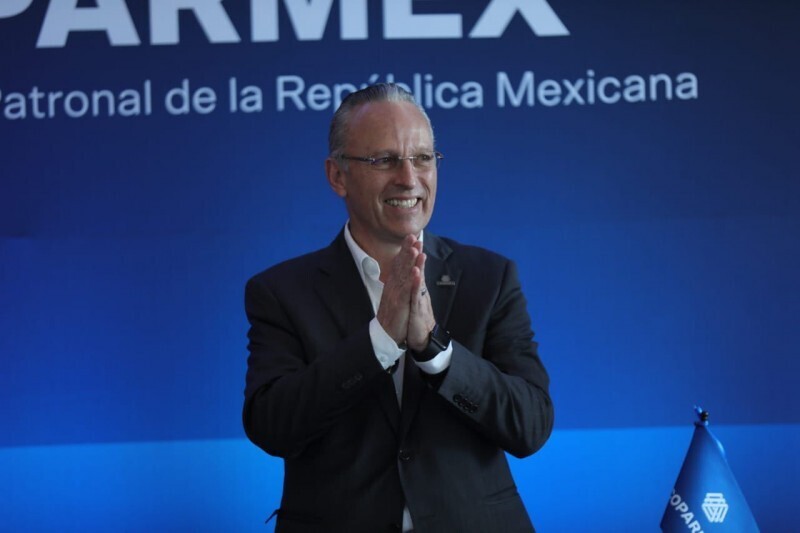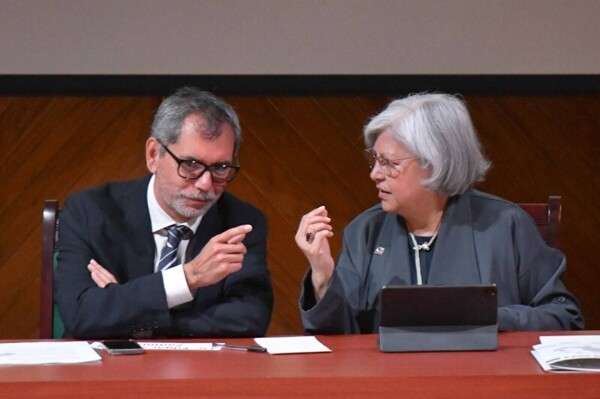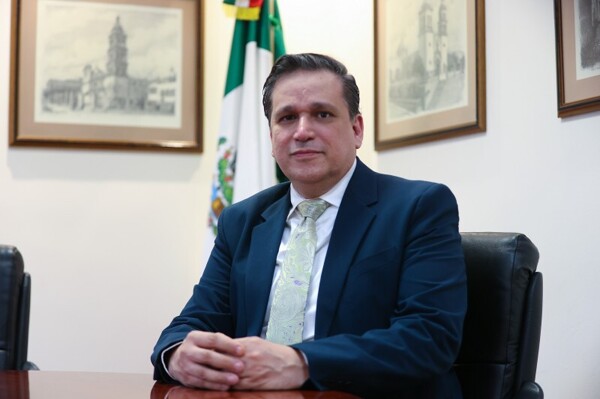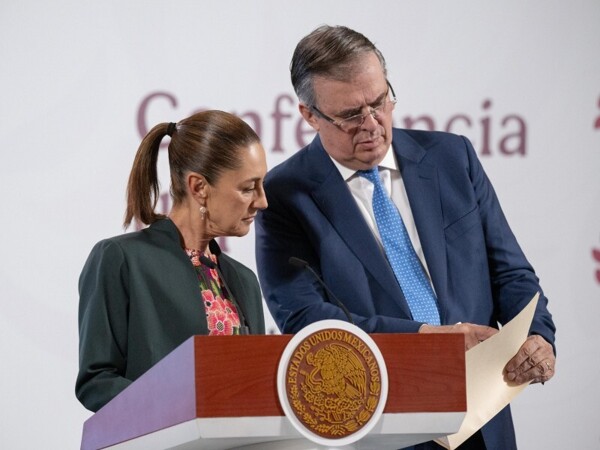
After months of lobbying and amid a visible internal fracture, the succession of Francisco Cervantes is on the verge of being resolved: José Medina Mora has secured the unanimous backing of the organizations that make up the Business Coordinating Council (CCE). During the candidate registration period for the presidency of the business body, Medina Mora stands as the sole candidate with the support of top business leaders, although an internal review process is still expected to formalize the appointment in December.
The victory of the former president of Coparmex and current CCE vice president marks a setback for Cervantes, who, despite retaining the mandate for two consecutive terms, failed to impose his candidate, Sofía Belmar.
Carranza is seeking votes to lead the CCE, but Coppel's ambitions complicate consensus.
As reported by LPO, the candidacy of the current head of the Mexican Association of Insurance Institutions (AMIS) did not gain the backing of the business community; a key point against her was the review of USMCA: for business leaders, she lacked the necessary profile for these negotiations.
Cervantes' other card—and it must be said for both cases, also that of billionaire Carlos Slim—was Julio Carranza, the former head of the Mexican Banking Association (ABM), but in his case, he also failed to secure the support of the banking sector.
Juan Cortina, former head of the National Agrarian Council (CNA), also sought to compete in the race. For a sector of the business community, he was ideal for commercial negotiations with the United States, as agriculture is one of the most important sectors in the bilateral relationship, but ultimately, he declined in favor of Medina Mora.
In contrast, the former Coparmex head secured the support of the Mexican Business Council (CMN), Antonio del Valle, and the Monterrey group, which played a strong role in his favor.
Sheinbaum stated that she will not intervene in the CCE succession process.
Against this backdrop, business leaders seem to be betting this time on a more critical profile than Cervantes himself and his predecessor, Carlos Salazar were towards the National Palace.
This is because during his tenure at Coparmex, Medina Mora adopted a confrontational stance, particularly regarding constitutional reforms, an episode that also earned Cervantes criticism for not taking a more direct stance.














